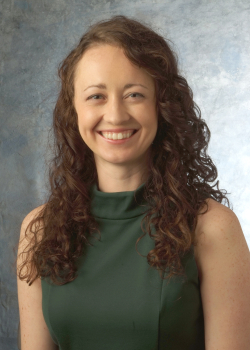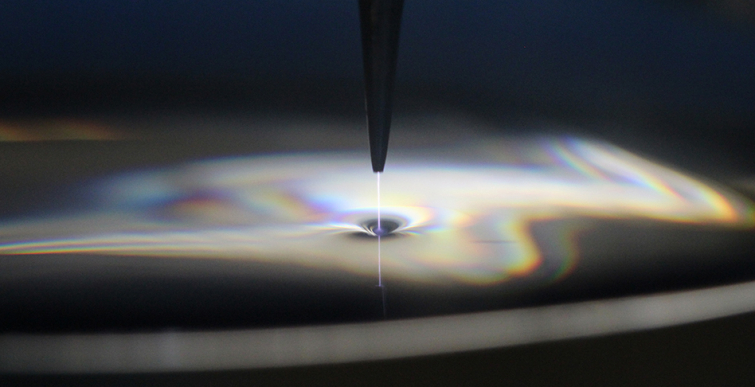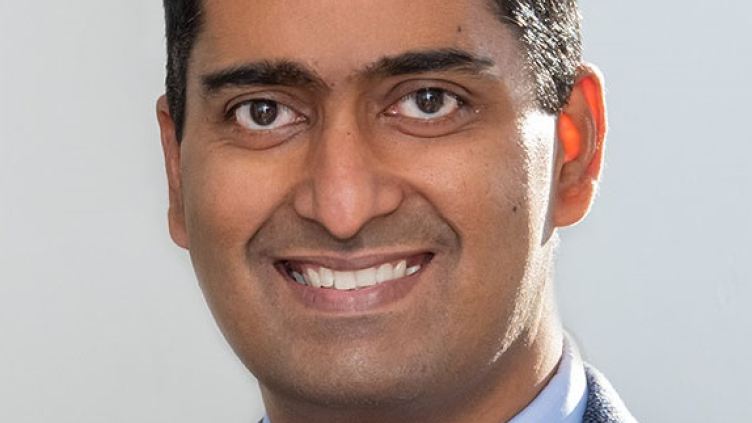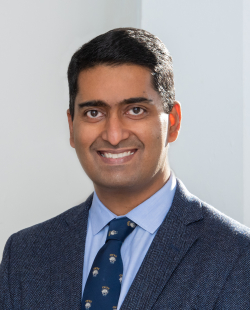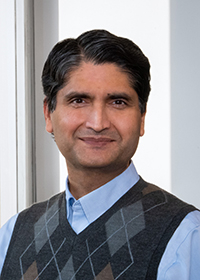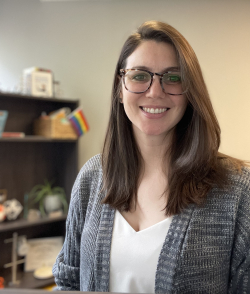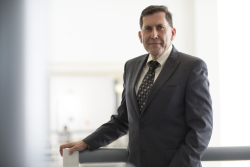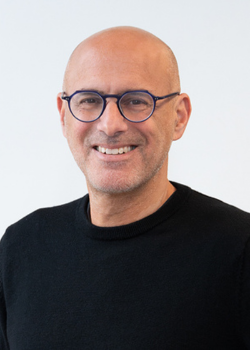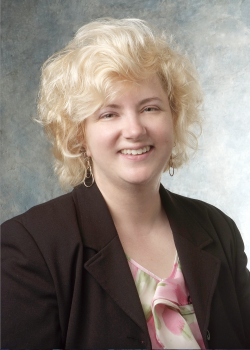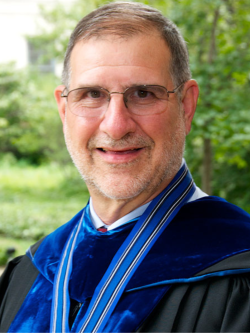Advanced Materials Design, Synthesis and Processing
Materials matter: every societal-shifting innovation owes its success to the molecular building blocks used to construct it. Our researchers are discovering new ways to make the materials the world already relies on, and ushering the next generation of materials from theory into reality.
From silicon to diamond to titanium to any number of other high-performance alloys, the materials that feed the world’s industry can be costly to make—they often require expensive raw materials, massive amounts of energy and expansive production facilities. Our researchers are creating revolutions in processing to produce these essential materials faster, more cost-effectively and safer—all at industrial scale. They’ve discovered how to grow diamonds at low-pressure, apply electrolysis to extract titanium directly from molten titanium salts, and use plasma to dramatically reduce the energy required to produce ammonia. We are innovating at every stage of the production process to engineer solutions for manufacturing’s major materials-related challenges. And when the solution calls for something that doesn’t exist yet, our chemical engineering researchers are at the leading edge of emergent materials—envisioning entirely new molecular combinations and structures to make stronger alloys, more biocompatible drug-delivery devices, ultra-tiny electrical components and more.
News: Advanced Materials Design, Synthesis and Processing
Institutes, centers and labs related to Advanced Materials Design, Synthesis and Processing
Faculty who conduct research in Advanced Materials Design, Synthesis and Processing
Rohan Akolkar
Harihara Baskaran
Christine Duval
Donald Feke
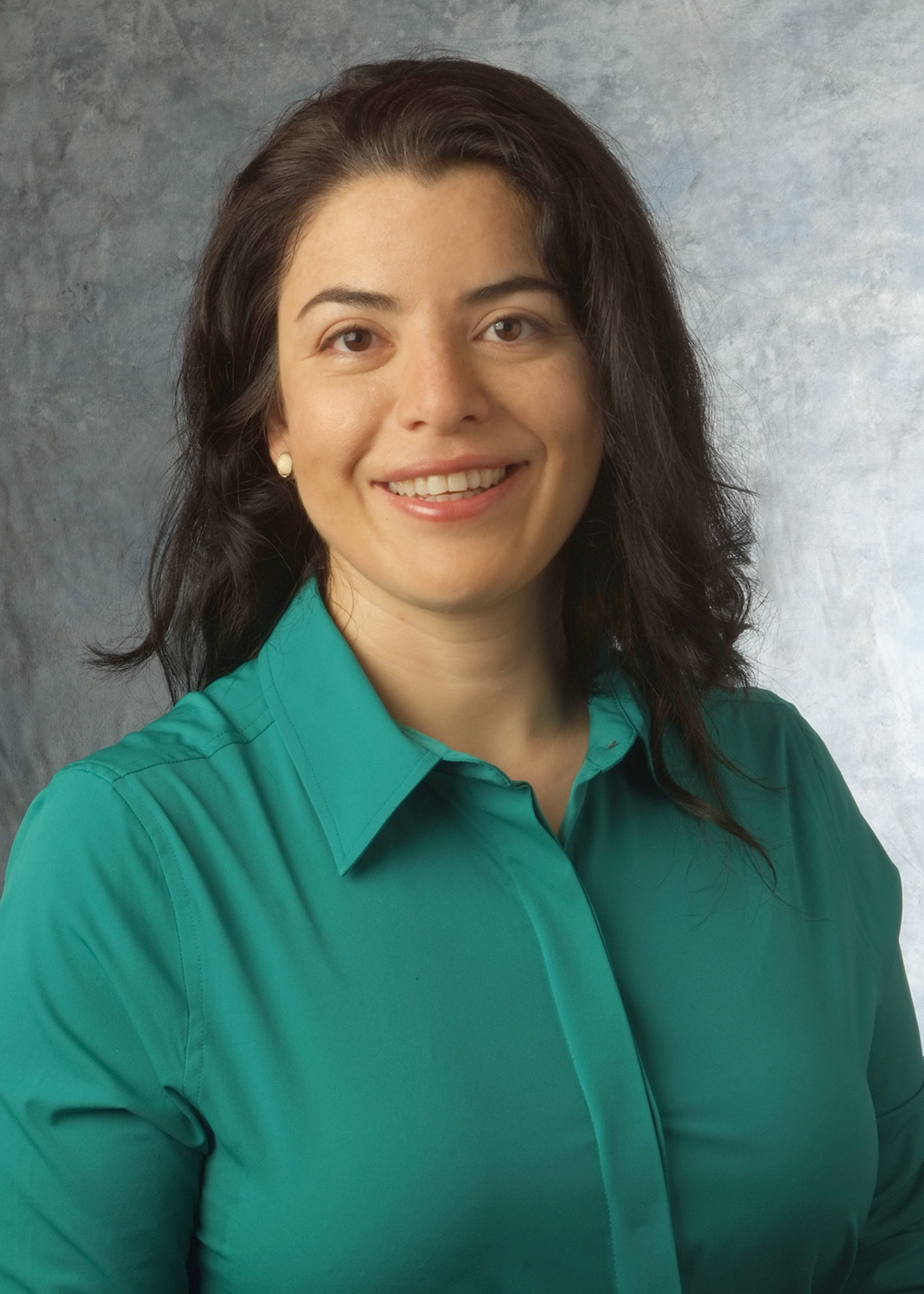
Burcu Gurkan
Daniel Lacks
Heidi Martin
